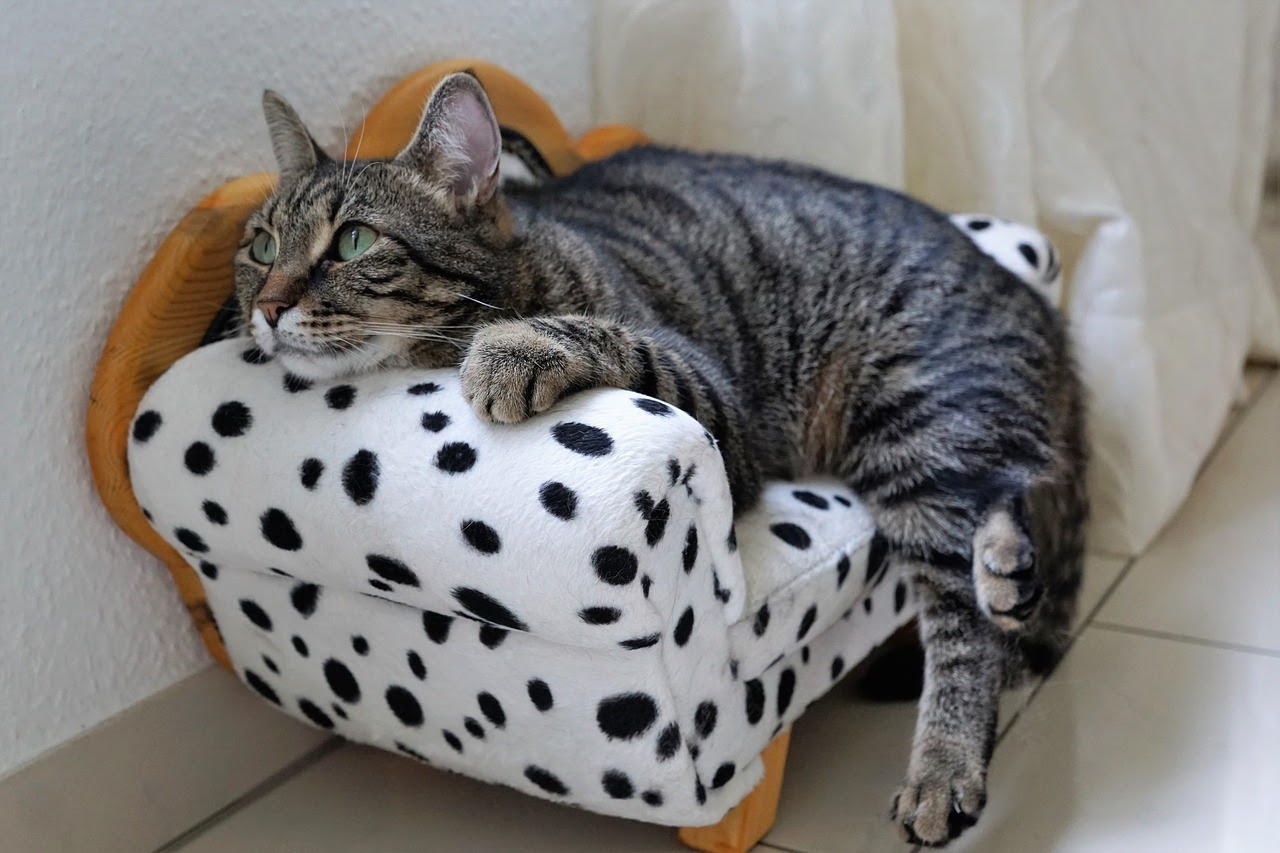
Common Causes of Vomiting in Cats
If you’re a cat parent, you’ve probably noticed some of your furbabies vomit every so often, making you think it’s okay and completely benign. It’s true in some cases as cats may vomit as a result of ingesting hairballs or even just a mild stomach upset.
There are instances, however, when vomiting may signal a serious health concern. It gets even worse if the cat is under medication and throws up everything they consume, including the medicines. Thanks to a syringe driver, it might be impossible to give them the supply of medication they need at the prescribed rate.
Moving on, here are some of the common causes of vomiting in cats:
Table of Contents
Upset stomach
Hairballs
One of the most common reasons cats get an upset stomach (or gastroenteritis) are hairballs. As cats groom themselves, they may swallow loose fur, which accumulates in the stomach. Generally, this isn’t much of a problem. But if you see your cat vomiting excessively and see hairballs, it’s best that you consult your local veterinarian.
Foreign objects
Cats also get an upset stomach from ingesting all sorts of things, from pieces of cloth to small parts of a toy. These foreign objects may damage the gastrointestinal tract, so seek veterinary attention immediately.
Food allergies
Trigger foods may cause the digestive tract to swell, which leads to vomiting. Observe your cat for other issues like diarrhoea and tell everything to the vet during the consultation.
Intestinal parasites
While common in kittens, vomiting due to intestinal parasites can happen to cats of any age. Look for live worms when your cat throws up. Vomiting will stop once these parasites are treated.
Note that there are different types of intestinal worms that can cause different problems especially in kittens. Tapeworms, for example, can lead to intestinal obstruction while roundworms can cause poor growth and development.
Chronic illnesses
Frequent vomiting in cats can be a result of a serious medical condition. Kidney and liver diseases, hyperthyroidism and pancreatitis all can incite nausea and eventually vomiting. To address the issue, your cat may need to undergo some tests to identify underlying conditions and your vet can prescribe the appropriate medication.
Cancer
Intestinatinal cancers have symptoms that are similar to those of an upset stomach—making diagnosis difficult—and that includes vomiting. Other symptoms include an abnormal stool, parasites (that’s why you should always consult the vet), bacterial infection and toxins.
The continuous growth of the tumour can lead to internal bleeding, which can manifest in the cat’s vomit or stool. Note that other types of cancer can also affect a cat’s gastrointestinal tract, so be sure to discuss your cat’s medical history, behaviour and your observations to the vet.
Common treatments include antibiotics, antihistamines, nonsteroidal anti-inflammatory (NSAID) drugs, intravenous (IV) fluids, chemotherapy and surgical removal.
Is your cat vomiting excessively or more often than usual? Don’t wait until their condition gets worse. Contact your trusted veterinarian the soonest so they can check your beloved furbaby and facilitate treatment as needed.








